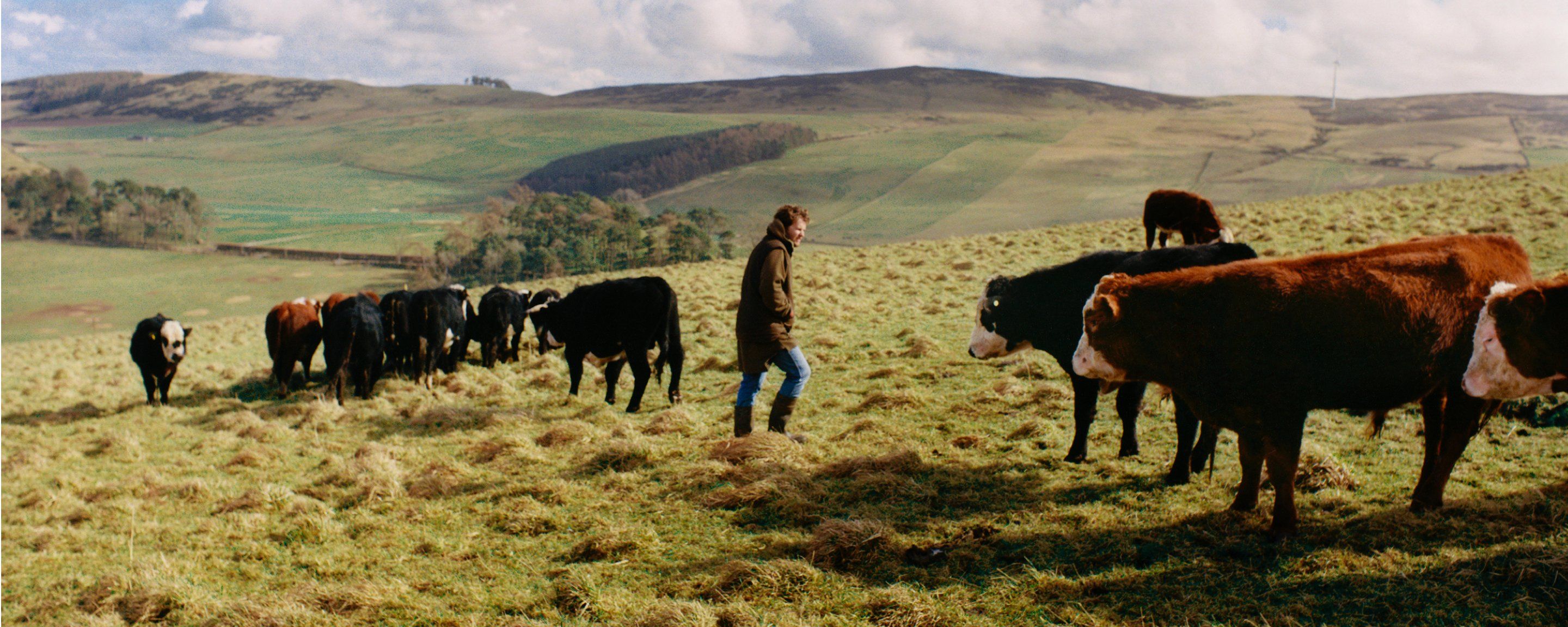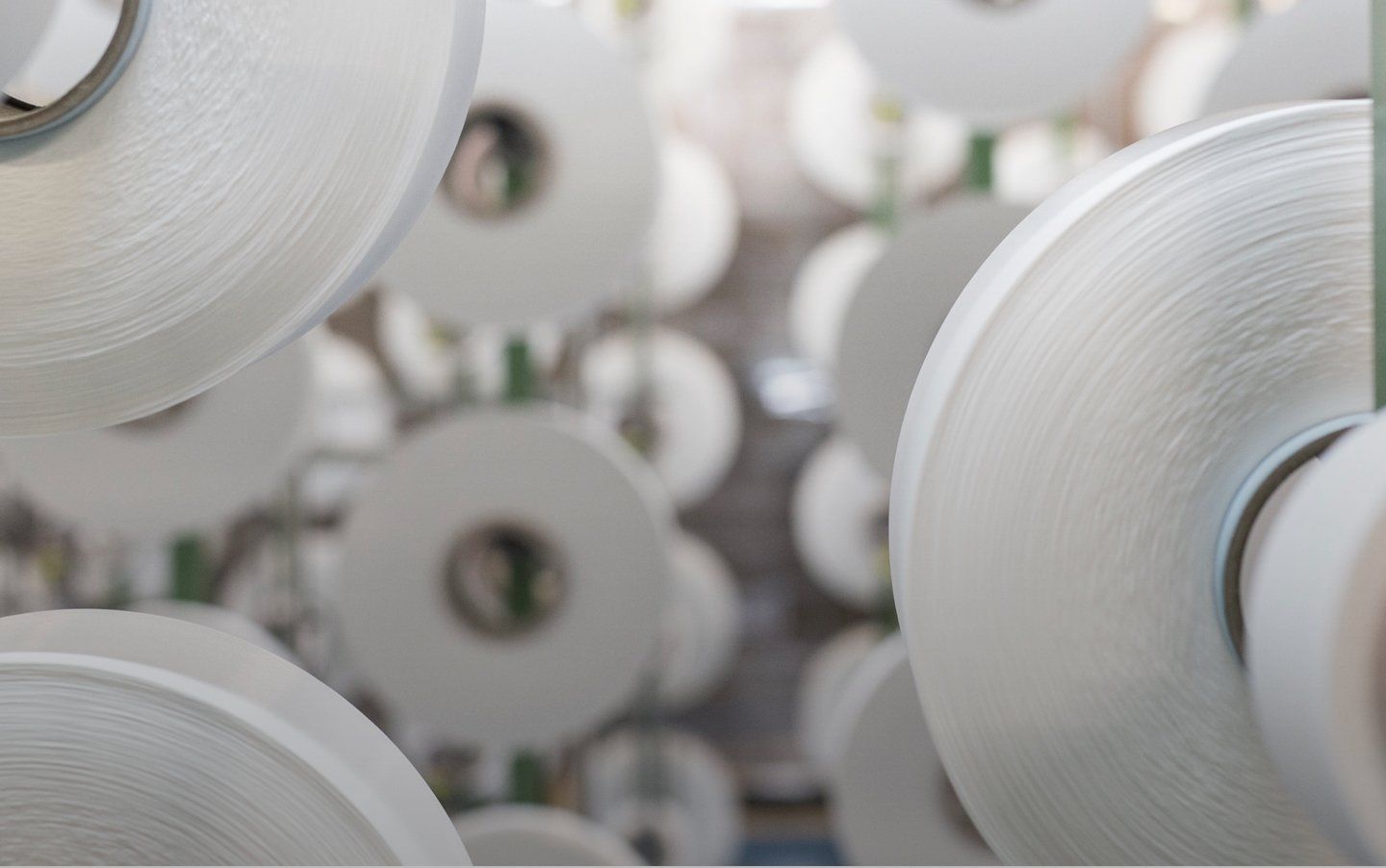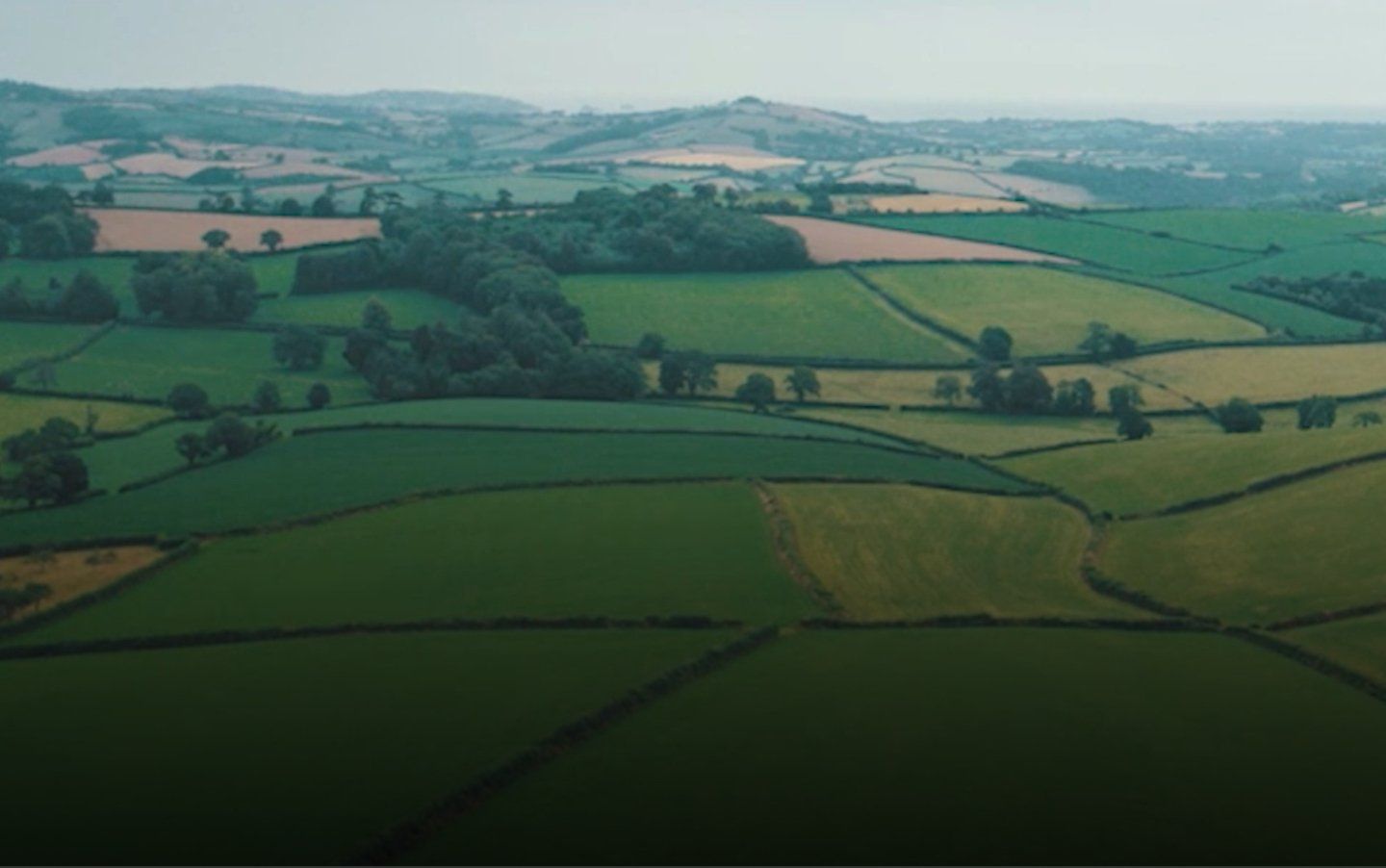From our early days, we have been at the forefront of improving practices in the leather industry, taking an active role in a number of multi stakeholder initiatives. However, we believe transformation must come not only from impact reduction, but also from solutions that have the potential to create positive change from the ground up.
We have been members of the Leather Working Group since 2012, sourcing leather from tanneries who have undertaken an environmental audit. We achieved 100% of leather sourcing from environmentally accredited tanneries for our Spring Summer 23 collection, working in collaboration with tannery partners in the UK, Italy, Germany, Spain and Turkey. Our tannery partners have been audited to measure their environmental impact and have signed up to our Global Sourcing Principles, which set out the sustainable and ethical requirements we need to conduct business with them. Looking forward, we continue to source 100% environmentally accredited leather and work with our tannery partners to achieve the highest environmental standards possible at their facilities.
Farming and ranching for meat have been well documented as significant drivers of deforestation and climate change, but we believe that farming can also offer a solution to the very problem it creates. On a regenerative and rotational farm, livestock play an essential role in maintaining soil health, and healthy soil actually draws down and stores carbon from the atmosphere. That’s why we are pioneering a hyper-local, hyper-transparent supply chain, working in partnership with industry leading tanneries to develop the world’s lowest carbon leather sourced from a network of organic and regenerative farms. By 2030 our entire leather supply chain will adhere to this transformative sourcing and production model.
Furthering our partnership with World Land Trust, we are offsetting the carbon emissions associated to our leather purchasing through their Carbon Balanced programme, supporting the REDD+ Project for Caribbean Guatemala: The Conservation Coast. The project aims to protect approximately 316,000 acres of tropical rainforest and other habitats to prevent the area from being cleared to make way for cropland and pasture.
In November 2021, we launched our Lowest Carbon Collection in collaboration with Muirhead tannery, a series of bags crafted from the world’s lowest carbon leather, which were British made from Farm to Final Stitch.
In May 2022, we introduced a carbon neutral version of our Lily bag, our first fully carbon neutral collection, from field to shop floor. Inspired by our ambitious commitment to reach Net Zero carbon emissions by 2035, the collection comprised of twelve carbon neutral designs from our iconic Lily family, with all carbon emissions inclusive of transport and packaging being offset with World Land Trust. These sustainable collections build upon our Made to Last goals and represent the future of Mulberry.



